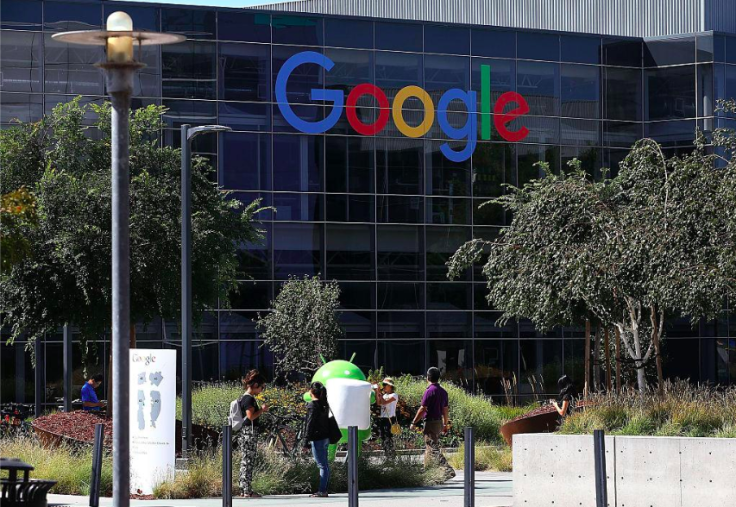Google Loses Antitrust Lawsuit, Fined $1.7B For Blocking Rivals' Ads

For the third time since 2017, Google has lost an antitrust fight against the European Union (EU), this time being ordered to pay $1.69 billion for stifling ad competition in online advertising.
The European Commission (EC), which implements the decisions of the EU, said Google imposed exclusivity contracts on website owners that stopped them from including search results from Google’s rivals. In 2009, these clauses were replaced by premium payments. Google also asked publishers to seek permission on how rival ads were displayed.
The EC said Google abused its market dominance by imposing a number of restrictive clauses in contracts with third-party websites, which prevented Google's rivals from placing their search advertising on these websites.
Margrethe Vestager, the European Commissioner for Competition, said Google prevented rivals from being able to “compete and innovate fairly” in the online ad market.
"Today the Commission has fined Google €1.49 billion for illegal misuse of its dominant position in the market for the brokering of online search adverts,” said Vestager.
“Google has cemented its dominance in online search adverts and shielded itself from competitive pressure by imposing anti-competitive contractual restrictions on third-party websites. This is illegal under EU antitrust rules. The misconduct lasted over 10 years and denied other companies the possibility to compete on the merits and to innovate -- and consumers the benefits of competition.”
More specifically, the EC said Google included exclusivity clauses in its contracts starting in 2006. This meant that publishers were prohibited from placing any search ads from competitors on their search results pages. This refers to publishers whose agreements with Google required exclusivity for all their websites.
In March 2009, Google gradually began replacing the exclusivity clauses with “Premium Placement” clauses. This restriction required publishers to reserve the most profitable space on their search results pages for Google's ads. As a result, Google's competitors were prevented from placing their search ads in the most clicked on parts of the websites' search results pages.
Also in March 2009, Google included clauses requiring publishers to seek written approval from it before making changes to the way in which any rival ads were displayed. This ensured that Google controlled how attractive, and therefore clicked on, competing search ads could be.
The EC concludes that Google's practices “amount to an abuse of Google's dominant position in the online search advertising intermediation market by preventing competition on the merits.”
On June 7, 2017, Google was found guilty of favoring its shopping service over competitors and was fined $2.7 billion, the largest such antitrust fine issued by the EC to date. The following month, the EC hit Google with a $5 billion fine for abusing the dominance of its Android mobile operating system.
The EC said that from 2006 to 2016, Google was far and wide, the strongest player in online search advertising in the European Economic Area, with a market share above 70 percent.
In its defense, Google said it’s already made a wide range of changes to its products to address the EC’s concerns. “Over the next few months, we’ll be making further updates to give more visibility to rivals in Europe,” said Kent Walker, Google’s senior vice president of global affairs.
© Copyright IBTimes 2025. All rights reserved.




















